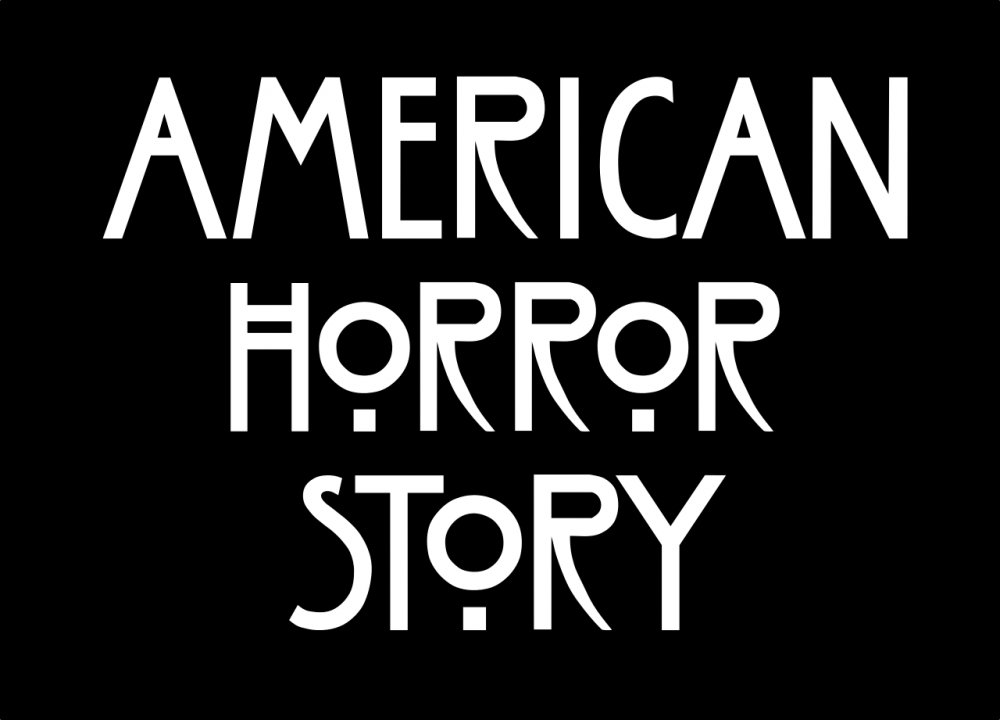They say truth is stranger than fiction. In American Horror Story: Cult, they’re one in the same. The seventh season of the show, which premiered September 5 on FX, centers on post–election America and the unsettling repercussions in one woman’s life.
Ally (Sarah Paulson) struggles with phobias and paranoia reawakened by the stress of a Trump presidency. Her fears—of murderous clowns, confined spaces, and tiny holes on food—seem irrational, but as the show wears on, they become more and more valid. As the world descends into chaos, so does Ally’s mind.
Despite political themes, Cult can’t seem to decide on a political stance, taking aim at both liberal and conservative hypocrisy. Mentions of Nate Silver, truffle oil, and trigger warnings look like jabs at the oft–discussed “liberal bubble.”
But after nine months of an oversaturated political news cycle, talk of the liberal bubble feels worn, like an old SNL skit. Aren’t we talking about Harvey now, and DACA? American Horror Story: Cult is grasping at political relevance, but the world moves too fast for that.
The show is unsettling in parts, but the scare tactics feel recycled and cartoonish. The clowns, the going around unseen corners, the monster in the rearview mirror, the creepy babysitter—it’s suspenseful, but all too predictable. The scariest part is the opening sequence: a series of news clips from the election, including Donald Trump’s notorious descent down an escalator after his campaign announcement.
Opposite Ally’s chaotic paranoia is Kai (Evan Peters), an anarchy enthusiast with a penchant for fluorescent orange cheese puffs. He’s the villain in the story, it seems, with his wild grins and volatile rants.
Paulson is convincing as she wails and panics, but Ally isn’t likeable enough to be a hero, so the audience is left with a shallow satire. The show addresses real-life fears lazily and haphazardly, a scattered attempt at a convincing topical context.
Perhaps if Cult were more subtle, or its characters more interesting, it would work. But as is, watching the show feels a bit like reliving the election might—simultaneously tiring and maddening, only this time not nearly as unpredictable.

